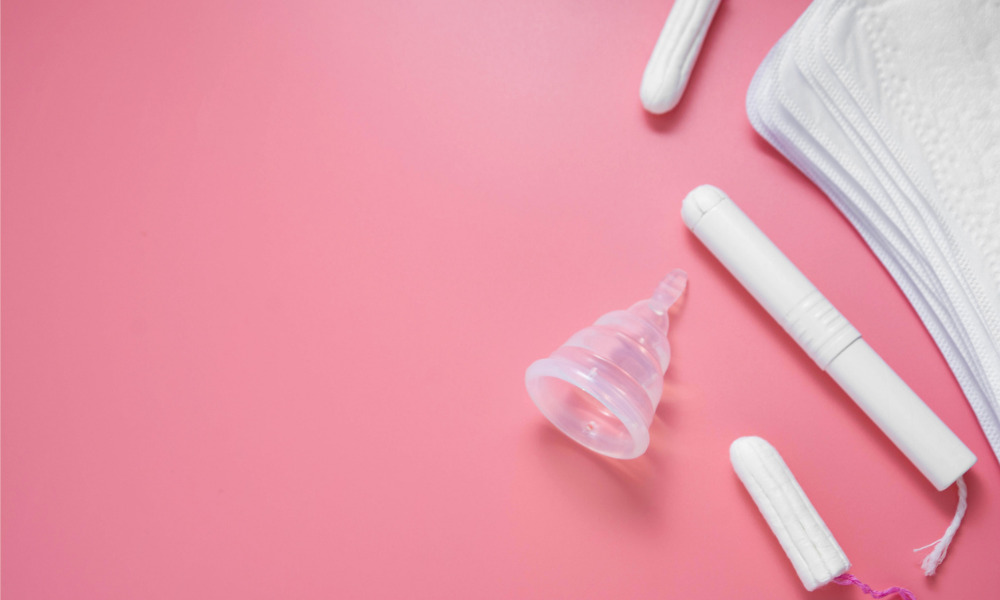
Employers must provide pads, tampons in the workplace starting December

Free access to menstrual products at work will become a reality for those employed in federally regulated workplaces before 2023 ends. Ottawa is making changes to the Canada Labour Code to ensure these employers make menstrual products available to workers at no cost while they are in the workplace.
Starting December 15, 2023, employers will have to put pads and tampons in washrooms – or another space controlled by the employer – so that any worker who needs them while on the job has access.
“Today we are taking another step toward advancing menstrual equity and gender equality in Canada,” said Marci Ien, minister for women and gender equality.
“Access to menstrual products is a basic necessity and a key part of promoting Canadians’ sexual and reproductive health and rights. Making sure that workers have free menstrual products in federally regulated workplaces is just one of many ways we can support women, girls, trans and non-binary people who menstruate.”
Treating pads and tampons as basic needs will help improve equity, reduce stigma, and create healthier, more inclusive workplaces, according to Ottawa. It also aligns with other efforts by the federal government to break down barriers to equality, such as the Menstrual Equity Fund, through which women’s shelters, not-for-profits, charities, community-based organizations and youth-led organizations would make menstrual products available to Canadians in need.
“Tampons and pads are basic necessities,” said Seamus O’Regan Jr., minister of labour. “So we’re making sure they’re provided to workers at no cost, because it’ll make for healthier and safer workplaces.”
The change will improve the wellbeing of nearly half a million workers who may require menstrual products during their workdays, including cisgender women, non-binary individuals, transgender men, and intersex individuals, according to the federal government.
These changes mean employees will no longer have to turn to unsuitable solutions, such as extending the use of menstrual products beyond the recommended time frame or avoiding work altogether, it said.
The new regulations are “small important changes to a better future,” said Nandita Cherukot, human resources coordinator at the Canadian Red Cross, via LinkedIn.
Last year, the federal government sought public feedback on a proposed legislation that would make the change. The final regulations, which are now available in Part II of the Canada Gazette, were developed following extensive consultations with stakeholders, experts and Canadians.
Because they apply to a wide variety of federally regulated private and public sector workplaces, the regulations provide employers with flexibility in how they implement these changes in their workplace.
Ottawa will consult with employers to come up with guidance material for the implementation of the new rule. The guidance will be available online before Dec. 15.
In the meantime, federally regulated employers can contact the Labour Program at [email protected] if they need help understanding these.
In 2021, Kitchener, Ont.-based employer Diva International announced the implementation of a companywide paid menstrual leave policy, allowing staff a maximum of 12 paid days per calendar year, taken one per month.